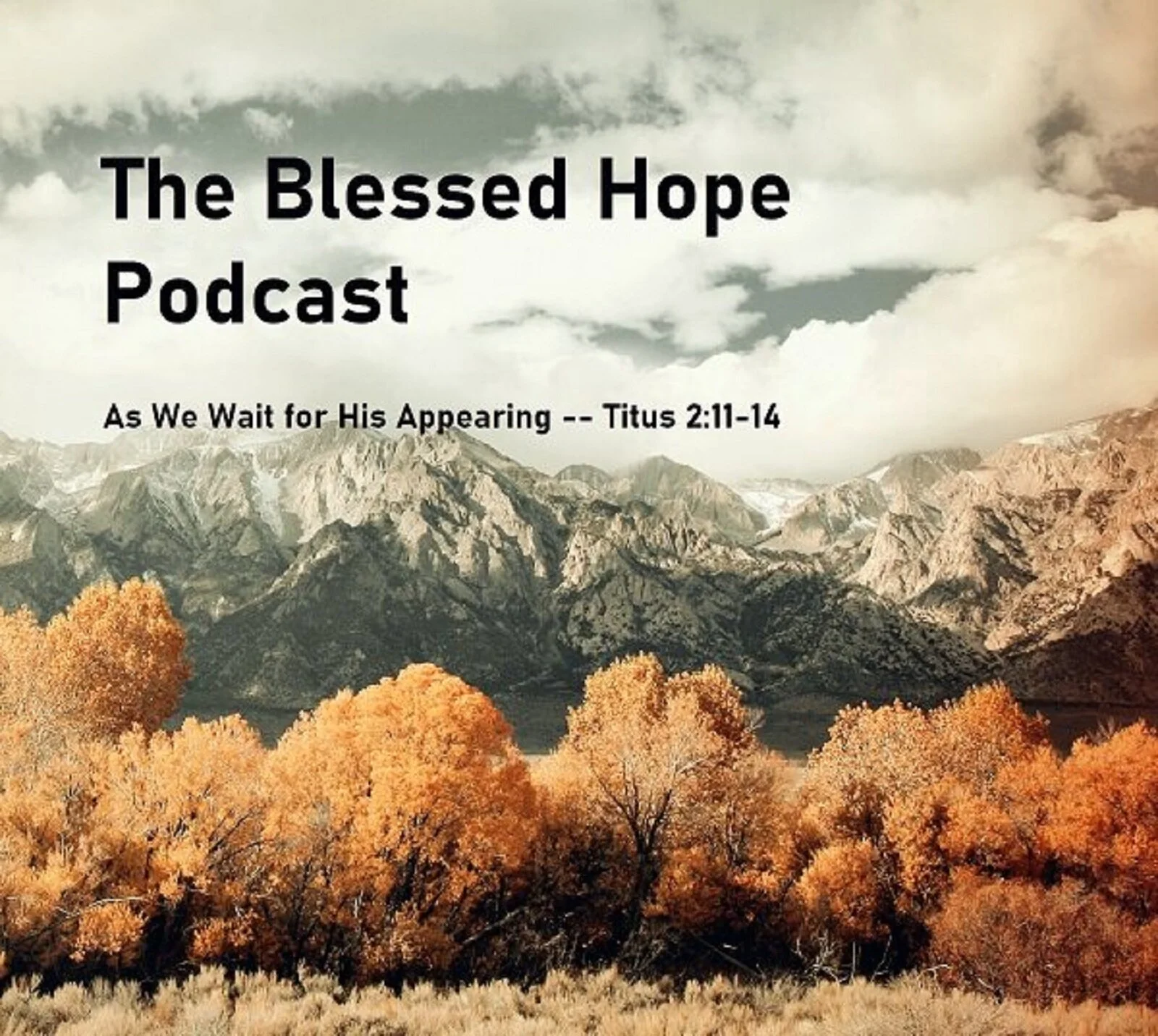While a truism in modern American–“Jews, Muslims and Christians, all worship the same God”–the deity of Jesus Christ is the most obvious reason why this is not the case. Like Jews and Muslims, Christians are monotheists. But unlike Jews and Muslims, Christians are also Trinitarians. We believe that the one God is triune and is revealed as three distinct and divine persons, Father, Son, and Holy Spirit. If Jesus Christ is fully God, and if Jews and Muslims reject his deity, then Jews and Muslims do not worship the same God that Christians worship.
Christians embrace the New Testament as part of God’s self-revelation (unlike the Jews). Since Christians believe that the New Testament’s teaching regarding the deity of Jesus Christ supercedes all subsequent supposed revelation from God (i.e. the Koran–the holy book of Islam), then the person and work of Jesus Christ will necessarily define the Christian view of God. However, Jews, Muslims, and many indigenous American cults (i.e. Jehovah’s Witnesses and Mormons) do not accept the deity of Jesus Christ. It is especially important that we believe the doctrine of the deity of Jesus Christ in order to be saved, since salvation is found in no other name than the name of Jesus (cf. Acts 4:12). It is also vital to confess this doctrine before the watching world so that people might come to a saving knowledge of God, through the saving work of Jesus Christ, who is the true and eternal God, the Almighty.
We must also confess this doctrine because so many mistakenly think that Jews, Christians and Muslims all worship the same God. No, we do not worship the same God and we cannot allow this mistaken but popular assumption to go unchallenged. This is why we must believe and confess the deity of Jesus.
To read the rest of this article, Article Ten of the Belgic Confession: The Deity of Jesus
Read More




















